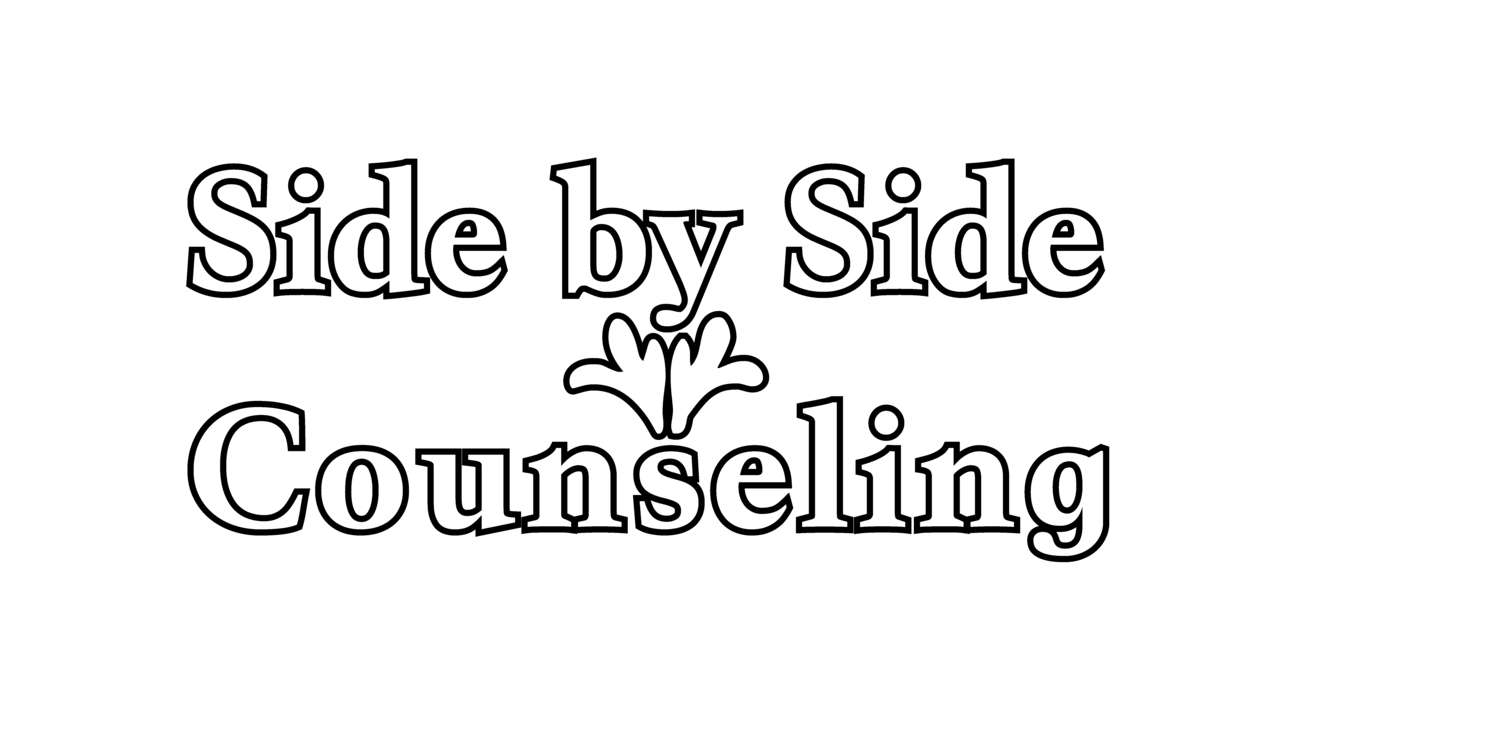Facebook of the Lake
May 8, 2020
You know those days when Lake Michigan looks like a tropical sea – translucent turquoise, clear and sparkling clean? Don’t be fooled. This striking illusion is due to the awesomely-named but devastating Zebra and Quagga mussels, which inhale the soul of the lake. The mussels are tiny, only the size of a dime. There are trillions of them. They rapidly reproduce and devour the most vulnerable plants and animals of the ecosystem. They simplify the lake, ridding it of the messiness and complexity which is its true beauty.
The Zebra and Quagga mussels are the social media of the Great Lakes. They compete, rather than collaborate. They create fantasies of Hawaiian saltwater beaches, rather than forcing us to accept the sober reality of frigid freshwater and rip currents. Reality can be hard, but illusions are harmful.
Many people have recently told me that they believe others are handling the crisis of COVID-19 better than they are. Sometimes it becomes quickly clear that these beliefs have been subtly or overtly communicated through social media. We often internalize images and stories posted by others, and it’s a natural instinct to compare ourselves to others.
Social media gives us a tempting platform to simplify our lives and to rid ourselves of the messiness and complexity which is our true beauty. There are a lot of reasons people don’t share the depth of their struggles. Sometimes we’re trying to protect others: we might not want our elderly relatives to worry about us. Or we might just have to intentionally put our worries away in order to get through the day.
But the problem with covering up our struggles is that we’re denying the truth of our lives, and we may create a competitive spirit that harms relationships. We also might avoid seeking support from others when we most need it, and we may unintentionally make other people feel bad about themselves.
If you’re under the impression that other people are handling COVID-19 better than you are, consider the source of this information. Does it come from social media? If so, think about the Zebras and Quaggas, and you’ll remember that things are not always what they seem. And maybe you’ll reach out to a friend, relative, or professional, and give or receive the support you both need and deserve.
This blog post originally appeared on the Carthage College website. It has been republished with permission.
